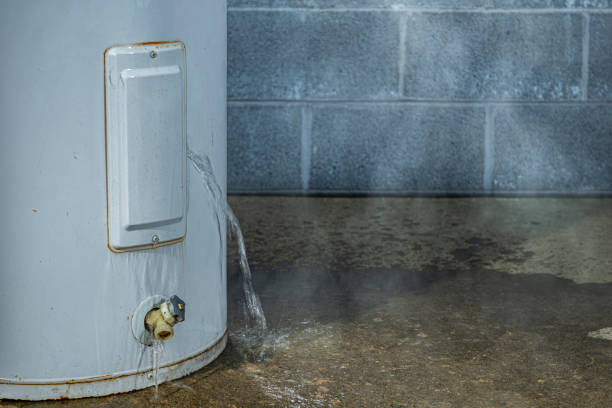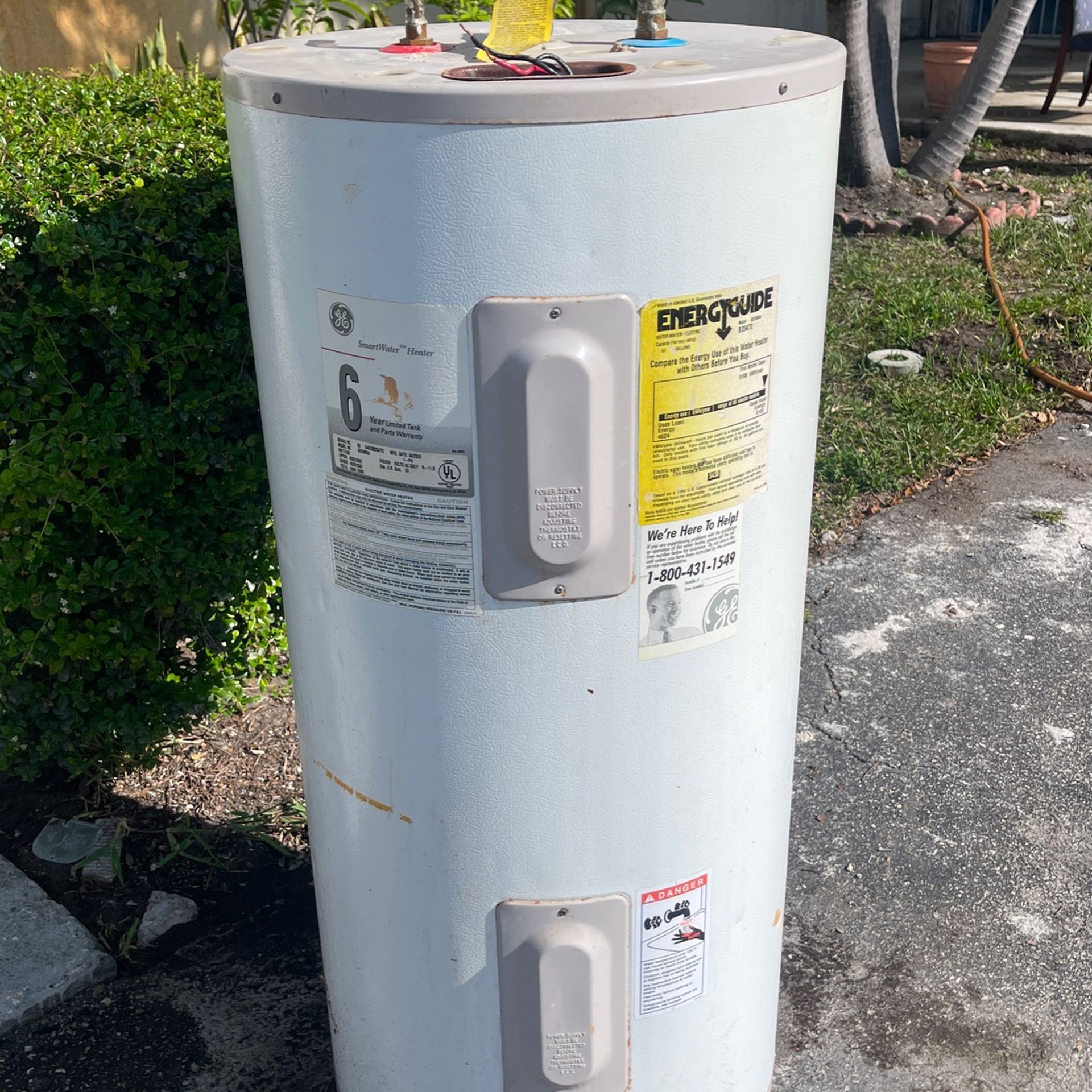Important Guidance for House Owners Dealing with Broken Hot Water Systems
Important Guidance for House Owners Dealing with Broken Hot Water Systems
Blog Article
Are you searching for answers around Maintaining & Draining a Water Heater?

Whether it is located in the basement or a separate space, damaged water heating units can cause tension. Having no hot water supply is also troublesome.
Call the Plumber
After doing the very first 2 safety steps, you have to call your plumber to come right away to fix a burst water heating unit. There are generally indicators that your aging water heater has debris buildup in the interior.
Don't wait on major flooding to call the plumber. By then, you will certainly need to spend more to recover your residential or commercial property. Rather, as quickly as you identify these indications, have a specialist pertained to inspect your hot water heater tank. Commonly, water heaters have a lifespan of regarding 8 to 12 years. With normal evaluation and also maintenance, you can lengthen its life.
Cut Off the Cold Water Supply
Cut off the tanks touch water supply from the source. When your container is in great problem, the cold water stops loading up when the tank is full. If you can not locate it or reach it, you must turn off that major water supply line outside your property.
Shut Down Source Of Power
Before calling the plumber, closed off a gas water heating unit by turning the temperature dial. This will stop electrocution, particularly if there is a leakage as water is a conductor. Usually, the home heating component shuts off when the water strikes a particular temperature level.
Clean Up Property
After calling the plumber, record damage by bearing in mind and photos so you can assert your property owner's insurance. From there, start the instant cleaning. Take out any essential belongings to avoid additional soaking. Get rid of any kind of standing water to protect against mold and also mildew growth. Use that to drain the water if you have a submersible water pump. Or else, the standard container technique will also function. Try to wipe out every little thing, consisting of baseboards and also walls. If you have an electric follower as well as dehumidifier, keep them running to keep air flowing. This will certainly help hinder mold growth.
Keep in mind, if you observe any type of problems with your hot water heater, call the pros right away. You can not take this problem gently due to the fact that a damaged thermostat can elevate water temperature to a precariously high level, causing unintentional burns. A damaged heating system pressure relief valve can likewise trigger a surge. For best outcomes, get an annual check so your unit gets inspected, cleaned up, drained, and also filled up, assuring optimum performance.
After doing the very first 2 safety and security steps, you should call your plumber to come right away to take care of a fractured water heating system. Rather, as quickly as you spot these signs, have an expert come to check your water heating unit container. Prior to calling the plumber, closed off a gas water heating unit by turning the temperature level dial. If you have a completely submersible water pump, utilize that to drain the water. Keep in mind, if you discover any issues with your water heating unit, call the pros right away.
Is My Water Heater Broken?
The Water Heater is Old
No appliance will last forever. This includes a home’s water heater. During its lifespan, residents are going to face a situation where a new water heater installation will be necessary. The biggest problem with this is that most people are not sure when their water heater expires. Not knowing this can lead to serious risks if the unit begins to act up due to old age.
Most makes and models of water heaters will last between eight and 10 years. While 10 years is the age when water heater replacement is highly recommended, the need to replace the unit may occur before this time or after. If the unit doesn’t show any symptoms of a problem, it is a good idea to replace it at the 10-year mark (from the manufacture date).
Some of the symptoms that indicate a new unit is needed include rusting, leaks, noises, and a failure to heat up the water. Also, note that not all units have a 10-year life expectancy. The main exception to this rule is that a gas unit will last for six to eight years.
Rusty Heater Inlet Valve or Water
While steel is the strongest material on earth, it does have a weakness – rust. If corrosion occurs on a steel surface, it will begin to spread and eat through the steel in certain areas. On water tanks and pipes that are made of steel, rust is a warning sign of an impending leak.
The issue for many is trying to figure out if the rust is coming from the water heater or the pipes that lead to the faucet. If rust is seen, it is a clear indication that water heater service from the professionals is needed.
If rusty water appears out of the faucets in the bathtub or sink, it likely means a rusty water heater. If there is rust near the water inlet or the pressure relief valve, rust has likely developed inside the tank. If tap water appears rusty, it may be an issue with the pipes.
Strange Sounds from the Water Heater
Are there strange sounds coming from the tank? As a water heater gets older, rumbling noises may develop and get louder and louder as the water in the tank heats up. In homes where large amounts of hot water are used, the issue is likely going to be even more obvious when more serious issues arise. If there is a strange or loud noise coming from the unit, it is probably because of sediment buildup. A good way to remedy this problem is by flushing the heater. If this does not work, then a new unit may need to be installed.
Leaks
As a water heater gets closer to the end of its useful life, there is a higher chance there will be water around the tank. If there is water, this usually means leaks are occurring. Based on where the unit is located in the home, a leak may result in serious property damage.
Leaks are usually caused by expansions in the metal tank. The expansions occur as time passes and as the inside body of the tank is exposed to multiple heating cycles per day. When a fracture forms, the gap will be slight enough to hold the water in; however, in more serious situations, this will not be the case. If the tank is idle, the water will not leak but when the metal expands during each heating system, small amounts of water will get through the gap.

I was introduced to that write-up on How to Avoid a Broken Hot Water Heater from an acquaintance on another domain. If you appreciated our post if you please don't forget to share it. I treasure reading our article about Water Heater Repair.
High-quality, fast plumbing repairs. Report this page